Zul Vellani

Subscribe to read full article
This section is for paid subscribers only. Our subscription is only $37/- for one full year.
You get unlimited access to all paid section and features on the website with this subscription.
Not ready for a full subscription?
You can access this article for $2 , and have it saved to your account for one year.
- Real Name: Zulfiqar Hussein Vellani
- Born: 16 July 1930 (Mombasa, Africa)
- Died: 31 December 2010
- Primary Cinema: Hindi
- Parents: Shireen Saleh Kanji and Hussein Bhaloo Vellani
- Spouse: Nirmal Bal
- Children: Anmol Vellani
Zul Vellani is acknowledged as the ‘Voice of an Era’. The “honeyed and baritone” voice (as theatre great Gerson da Cunha described it) of 731 Films Division documentaries and countless newsreels, Vellani was a much-respected commentator, actor, writer, and director. He is known for films such as Black (2005), Dak Ghar (1965), and Sachche Ka Bol-Bala (1989). A multi-faceted talent, he wrote elegantly, spoke for film and radio in English and Hindi, and acted and directed for stage and screen. He worked for established directors such as Mehboob and Shantaram. He acted in short as well as feature films, notable among them being Conrad Rook’s Siddhartha (1972). He was most active in the theatre circles of the country. His deep baritone voice made him the most desirable voice to narrate hundreds of documentaries and newsreels for Films Division.
Born Zulfiqar Hussein Vellani on 16 July 1930 in Mombasa, East Africa, he obtained a diploma in direction from the London Polytechnic. Handsome and gentle, he was never embarrassed to speak of how he used to stammer as a young boy. He had been sent to Japan to live with his father’s elder brother. His uncle was a cruel man who used to whip him. This childhood trauma caused him to stammer. It was only after he returned to India, that a sympathetic school teacher advised him to participate in the school’s theatre activities that helped him overcome his stammering. Thus did his lifelong passion for the dramatic arts begin. Interestingly, in his professional life, he never stammered on stage or on the microphone. Sometimes, his stammering asserted itself when he was tired or stressed. As he would himself share, he was once interviewing the chief minister of Kerala, E M S Namboodripad, who was also known to stammer. At one point, when Vellani stammered out his question to the chief minister, the latter stammered back, “Are you trying to imitate me?” In reply, Zul stammered, “No. I suffer from the same problem!”
He debuted on the Bombay stage as an actor with George Bernard Shaw’s Arms and the Man. As da Cunha writes, “He played the role that became the Chocolate Soldier in an operetta of the same name and that’s what he was – sweet-natured with a charm that won you over as swiftly as chocolate. Yet he was the soldier.” The colonial iniquities he had witnessed in the land of his birth would see him easily roused against injustice. Consequently, he would write The Flaming Spear, based on the story of Jomo Kenyatta, the Father of Free Kenya.
He directed and played Iago in a memorable production of Othello, two performances of which were ruined, the first by rain and the second by a power failure. In the latter, da Cunha writes, he went on stage with a flaming torch to apologise and the audience didn't move, thinking it was all part of the play!
It was in Films Division (FD) that he truly found his niche, ruling for approximately 40 years and not just as a commentary writer and voice. Apparently, once Prem Vaidya, one of FD’s finest cameramen-directors was assigned a film on the aboriginals of the Andaman and Nicobar islands. However, the resultant footage was rejected by the elders of FD. Vellani swung into action, writing a commentary to which the film was edited. It went on to win several national and international awards!
There is also a long-playing record of Lata Mangeshkar with Dnyaneshwar on one side and two chapters of the Bhagwad Gita on the other, read by Zul Vellani.
He would appear onscreen in a range of roles in films such as Awaaz (1956), the romance film directed by Zia Sarhadi and the comedy Paisa Hi Paisa (1956). He featured in the musical fantasy Amrapali (1966) directed byLekh Tandon, and starring Vyjayanthimala and Sunil Dutt. Siddhartha (1972) saw him essay Vasudev in the story of a young Indian who embarks upon a journey to find the meaning of existence. It was based on the novel by Hermann Hesse, and starred Shashi Kapoor and Simi Garewal. He played a character named Wassimbhai in Danger (2002), a crime thriller revolving around a gangster’s accountant who finds his life in danger after a large amount of money goes missing. Directed by Govind Menon, it starred Ashutosh Rana, Tara Deshpande, and Jas Arora.
He played Andhaka in Agnivarsha: The Fire and the Rain (2002), directed by Arjun Sajnani, and starring Jackie Shroff, Kumar Iyengar, and Raveena Tandon. The plot depicted a drought-stricken kingdom, with two rival priests, Yavakri and Parvasu, trying to appease the rain god through their respective methods that lead to adultery, treachery, and murder.
The Tigmanshu Dhulia directorial Charas: A Joint Effort (2004) saw him feature alongside the main cast comprising Jimmy Shergill, Uday Chopra, and Irrfan Khan. The film revolved around a police officer getting embroiled in a deadly game with the drug mafia, while searching for his long-lost friend from London.
He also acted in the TV series Maya (1967), Natural World (1986), Idiot (1991), and the short Shanu Taxi (2006).
As a director, he has to his credit the drama film Dak Ghar (1965), which revolved around a sick child Amal who is confined to his bed in an enclosed room. He is sad at not being able to move outside like other children. His only access to the outside world is what he can see through the window. The boy weaves stories around all that he sees and uses his imagination to see himself in different guises – as a yogurt seller, a fakir and his favourite of them all, the king’s postman. Based on a play by Rabindranath Tagore, Dak Ghar brought together a collage of talents from Indian cinema helming different roles in the film including Kaifi Azmi, M S Sathyu, Madan Mohan, Sharmila Tagore and Balraj Sahni. The film won the Golden Plaque at a film festival in Tehran in 1966.
He is best remembered for his work in documentary films, well-known among them being Khajuraho and Man in Search of Man (1974). A large number of these films won national and international awards.
Known to be Indira Gandhi’s favourite commentator, the late PM had reportedly left a message that if and when she died, she would like Vellani to do the voiceover at her funeral. On 31 October 1984 - the morning Mrs Gandhi was assassinated, two mysterious men turned up at Vellani’s home and insisted that he fly to Delhi immediately. No official announcement about the PM’s death had yet been made but there was a chartered plane standing by for Vellani. And thus, did he fulfill Mrs Gandhi’s wish.
His commentaries and scripts ruled in the era when theatres were obliged to screen a Films Division film before every feature film. Charming and without a vicious word for anyone, nor any malice in him, he would have one riveted with his anecdotes.
Zul Vellani passed away on 31 December 2010.
-
Filmography (4)
SortRole
-

Gupt Gyan 1974
-
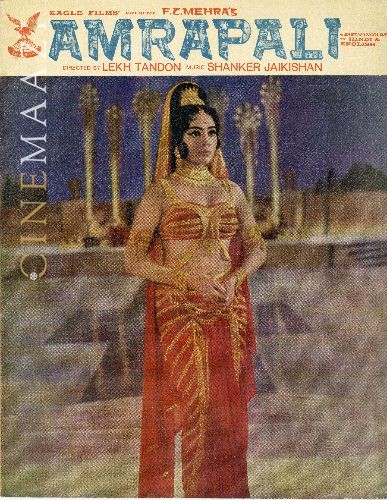
Amrapali 1966
-

Paisa Hi Paisa 1956
-
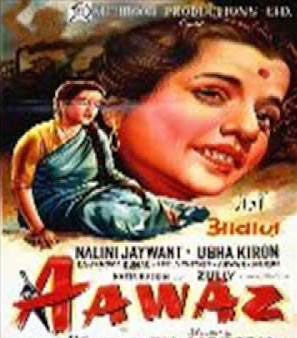
Aawaz 1956
-






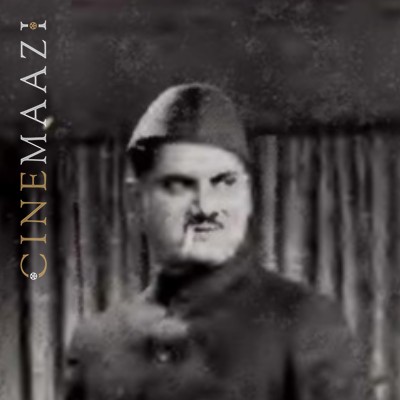
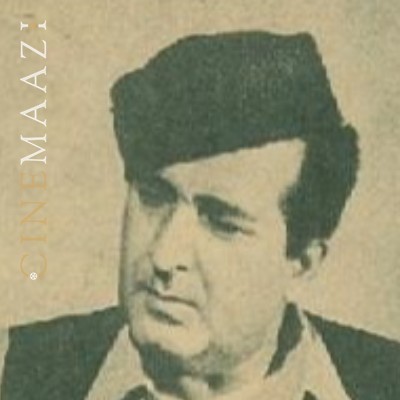
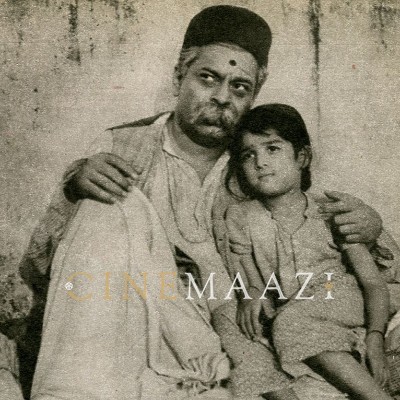

.jpg)



